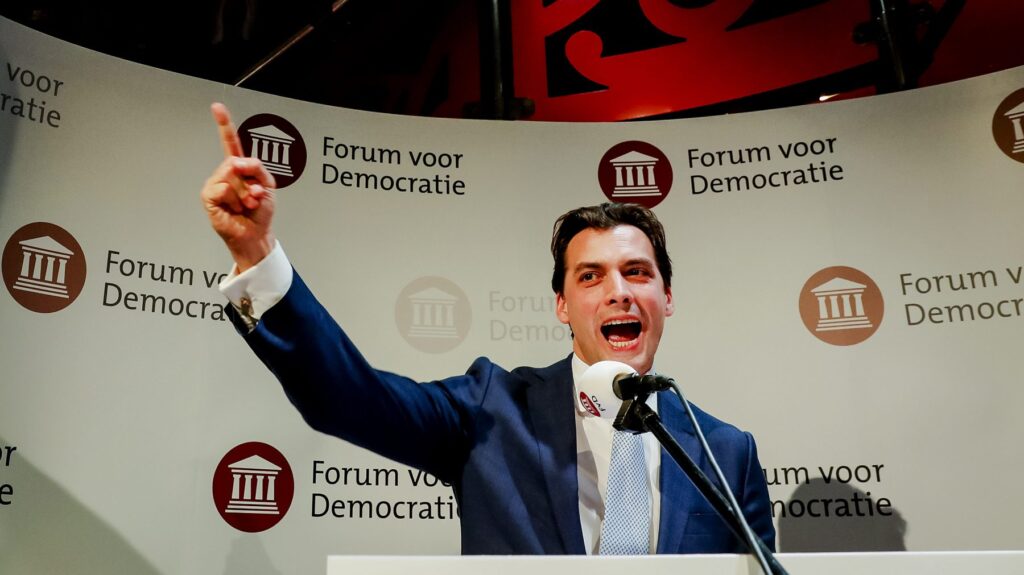By Nanne Mast
Introduction
The Netherlands is thought to be one of the more liberalist and tolerant countries in the modern world. Not only was the Netherlands the first country in the world to legalize same-sex marriage, but also the biggest political party in the Netherlands, The People’s Party for Freedom and Democracy (Dutch: VVD or Volkspartij voor Vrijheid en Democratie) is based on liberalist ideas (“liberalisme”). The VVD is not the only political party in the Netherlands which follows the liberal tradition. Within the House of Representatives there currently are three parties based on liberal party programs. Naturally they differ in their interpretation of liberalism. They also differ in the political spectrum. This is a subjective concept, but more or less shows the political perception within the country. Democrats 66 (Dutch: D66 or Democraten 66) would be considered social liberalist (Wikipedia-contributors, “Democraten 66”), whilst the VVD could be perceived as more conservative/economical liberalist (Wikipedia-contributors, “Volkspartij Voor Vrijheid En Democratie”). The Forum for Democracy (Dutch: FvD or Forum voor Democratie) would also be considered conservative/economical liberalist but the FvD has the most nationalistic tendencies of the three (Wikipedia-contributors, “Forum Voor Democratie”).
In this essay I will focus on Thierry Baudet, the leader of the FvD, which on several occasions has shocked some of the Dutch society with controversial declarations regarding women’s rights. Baudet started the FvD in 2015 as a policy institute for concerned citizens. After a year it officially became a political party. The political party has grown exponentially since then. In 2019 it reached a new peak in popularity, by winning de Provinciale Statenverkiezing (translated: The provincial states-election). In these elections, in which citizens of the twelve Dutch provinces voted directly for their provincial governance, the winners of which go on to form a parliament in these provinces. Baudet was the biggest in three of the provinces: North-Holland, South Holland and Flevoland. This is a massive increase compared to the last election, in which he did not even compete because the party was not officially involved in elections. The meteoric rise of Baudet and, with him the FvD, is clear.

Baudet and some of his outings are regarded as sexist, chauvinistic and nostalgic. Some of these sources may be biased and from people who oppose his ideas, but they are still widely spread over the news. For those who oppose Baudet, many of his outings are regarded as inconsiderate. In particular, his views on women and their role and capabilities aggravate women’s rights activists. In this essay I want to dive deeper in the ideas of Thierry Baudet. I will be trying to figure out whether Thierry Baudet and his masculine nostalgic opinions, are trying to diminish the feminist ideology within the Dutch politics and if so, how?
